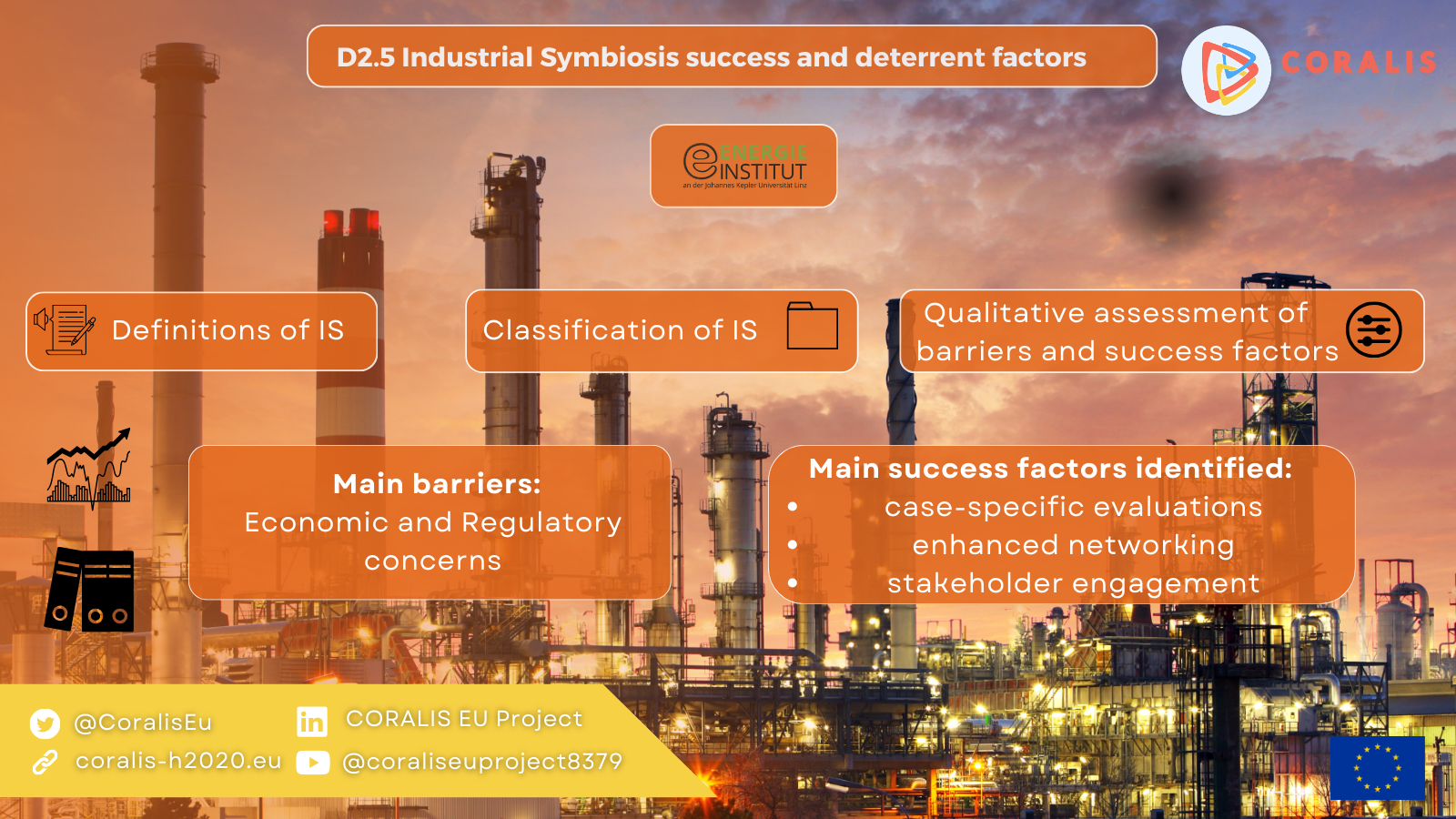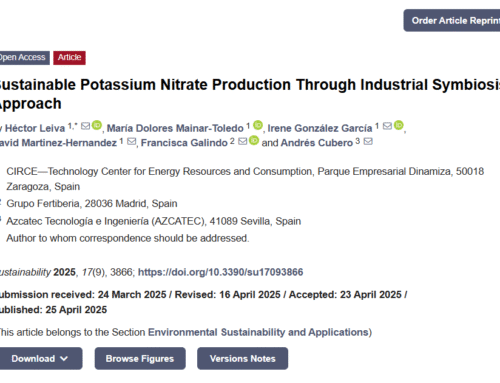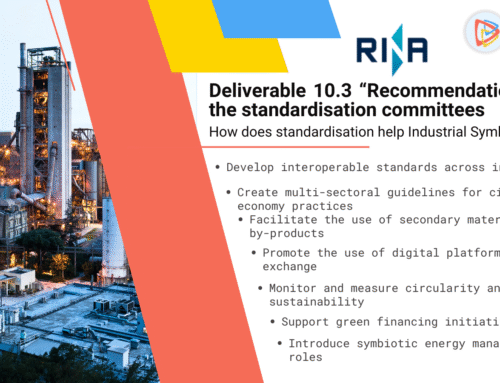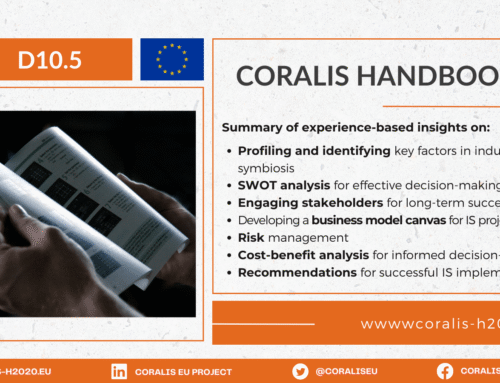Deliverable D2.5 Industrial Symbiosis success and deterrent factors by our project partner Energieinstitut an der JKU /Austria (EI-JKU) summarizes the public results of the CORALIS project Tasks 2.2-2.4, which aim at profiling IS interactions and determining success and deterrent factors for successful IS implementation.
After elucidating the methodologies employed, the report analyzes a multitude of definitions of IS in an effort to delimitate terms related to positive and negative factors influencing IS realization. The document also undertakes a comprehensive classification of IS, recognizing its interdisciplinary nature while also delving into the barriers and success factors identified both in the literature and through project experiences (categorized according to a taxonomy developed within the project). The analysis draws upon a diverse range of sources encompassing empirical studies, case reviews, and legislative frameworks. The report also presents the results of a survey conducted among demonstration and follower cases within CORALIS to quantify the qualitative assessments of success factors and barriers and to shed light on the nuanced landscape of IS implementation. In particular, based on the survey, case-specific evaluations emerged as more decisive than professional backgrounds, highlighting the unique challenges and opportunities faced by each IS project. Economic and regulatory barriers have also emerged as prominent concerns, underscoring the complex interplay of financial and policy considerations in IS initiatives. Amidst these barriers, the survey underscores the pivotal role of company strategies aligned with sustainability objectives. Furthermore, the need for enhanced networking and stakeholder involvement, emphasizing the importance of collaborative frameworks in driving IS forward is emphasized.
As the CORALIS project progresses, these insights serve as guiding pathways, steering the trajectory of IS initiatives towards greater efficacy and impact. With each step, the project endeavors to unravel the complexities of IS implementation, forging pathways towards a more sustainable industrial landscape.
Read the full report for more details here.







